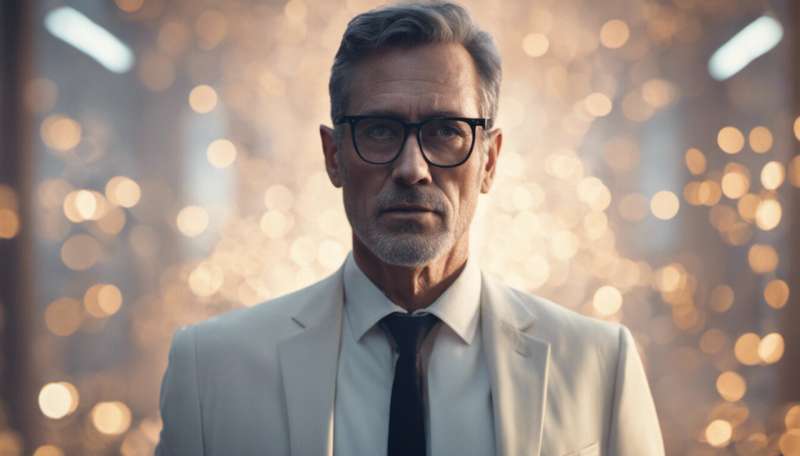Super-recognizers: Some people excel at both face and voice recognition

How good do you think you are at recognizing faces? What about voices? Some people are great at it, while others struggle. Researchers have found a large variation in people's abilities to recognize the faces or voices of those completely unknown to them.
When it comes to face recognition, the ability ranges from those who struggle to recognize the faces of friends and family—a condition known as "prosopagnosia" or face-blindness—to those who have demonstrated exceptional unfamiliar face recognition skills, called "super-recognisers". These super-recognisers have been successfully deployed in many agencies, including London's police service.
Similar findings have also been discovered for voice recognition. The condition "phonagnosia" describes those who struggle to recognize the voices of their friends and family. But whether or not someone can possess exceptionally good voice recognition ability remained uncovered, until now.
In a new study, we and our colleagues tested whether super-face-recognisers could transfer their abilities across to recognizing voices, to explore the possibility of a super-voice-recogniser.
Face and voice abilities
Typically, to assess the ability levels of super-recognisers, researchers have often used two tests. First, the Cambridge face memory test measures the ability to learn and remember a face. Then the Glasgow face matching test is used to measure the ability to say whether two faces belong to the same person or two different people.
However, being good at recognizing a face doesn't necessarily mean someone is also good at face matching. Research has shown even super-recognisers can be very good at face memory, but just as good as typical ability participants on face matching or vice versa.
Voice tests have also been designed, not to measure super-recognition skills, but rather to measure the general ability to remember a voice , and to decide whether two voices belong to the same person or two different people. But the extent to which super-recognisers can perform well on voice tests was not yet examined.
Our study
In our recent study, we tested four groups of participants, based on face memory and face-matching abilities. The participants completed a test of voice memory, a test of voice matching and a test for identifying celebrity voices. The study had a number of findings.
First, we found voice recognition ability varies substantially beyond the definitions found in current literature, which describes people falling into two categories, either "typical" or phonagnosic. We found people can perform very well at voice recognition, beyond the typical range abilities.
Second, we found those who possessed exceptional face memory skills, face-matching skills, or both, outperformed those with typical ability skills at voice memory and voice matching.
Some participants managed to achieve consistently high scores across multiple tests. This hints at the possibility of a super-voice-recogniser. However further research is needed to properly substantiate this possibility.
Partly this is because the voice tests used were never originally designed to distinguish between the exceptional and the very good, so perhaps are unable to fully explore superior voice processing. As such, new voice tests specifically designed to focus on the upper end of the voice-recognition ability spectrum are required.
Our research provides tentative support to the idea that there may be some link between different mechanisms in the brain. These could be cross-modality (voices and faces) and cross-task (memory and perception) mechanisms that, working together, drive this kind of superior ability to recognize voices and faces.
It may be the case that these individuals can be useful in similar job positions that super-face-recognisers have also been employed in—such as police and security forces. This is particularly relevant when voice clips are the only available evidence, such as in cases of phone surveillance, kidnapping, fraud, blackmail and counter-terrorism operations.
Our work is the first to explore the potential abilities of super-voice-recognisers and ask whether those that possess exceptional face memory abilities, face-matching abilities or both can transfer their skills across to voice tests.
It also provides the first piece of work to suggest individuals with excellent voice-recognition abilities may be able to enhance policing and security operations. Screening for those with such an ability might be a useful tool during recruitment stages of these types of professions.
This article is republished from The Conversation under a Creative Commons license. Read the original article.![]()

















